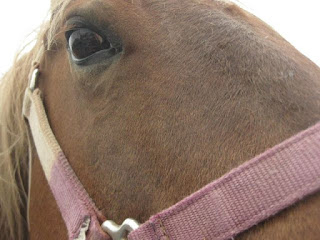 I mentioned Michael Meyer's book The Road To Sleeping Dragon in the last post.
I mentioned Michael Meyer's book The Road To Sleeping Dragon in the last post.Meyer went to a rural Sichuan province as a Peace Corps English teacher in the 1995. I'd gone to rural Thailand as a Peace Corps English teacher in 1967. I'd first gone to Beijing from a year teaching in Hong Kong, twice in spring 1990, with a followup month of research in 1991, and a again a couple of years later when I taught a class on Chinese Civil Service Reform, which included taking the class for ten days to Hong Kong and Beijing. In 2004 I taught three months in Beijing, which gave me some opportunities to visit Xian and Shandong provinces as well.
So there are lots of reasons for me to enjoy this book, which modestly (and reasonably) states early on that it's not even a
"book of reportage but rather of mostly chronological impressions, of lessons learned over time. Although my understanding of China has deepened over twenty years, I can't pretend to be a "foreign expert," as my work permit alleged."My first choice as a Peace Corps volunteer was China - but there were no Peace Corps volunteers there until much, much later. Americans were not even allowed to travel there back then. Thailand was a much easier place to serve. Meyer falls in love with a Chinese woman which helped his Chinese greatly, I'm sure, and gave him continuing ties to China.
I've enjoyed comparing his insights to my own impressions. (We both despaired at the decisions to tear down whole neighborhoods completely and replace them with high rise apartments. Particularly the hutongs.) He filled in details about other things. (That the son of Hitler's architect Albert Speer Jr. played a role in the designing of the new Beijing. The author's role in lobbying for the World Wildlife Foundation for a more natural Panda preservation area. And I enjoyed the short description of his meeting with artist Ai Wei Wei.)
Much of the book feels like it was taken from articles he's written over the years about China. While following a basic chronological path through his life in China, it does jump around a bit. But it does hang together.
And I'm also reminded of the wonders of traveling to places unknown, facing daily situations where you have to try new things, take chances. You have no choice. And as you do, you discover inner strengths you didn't know you had. And you expand your known world.































